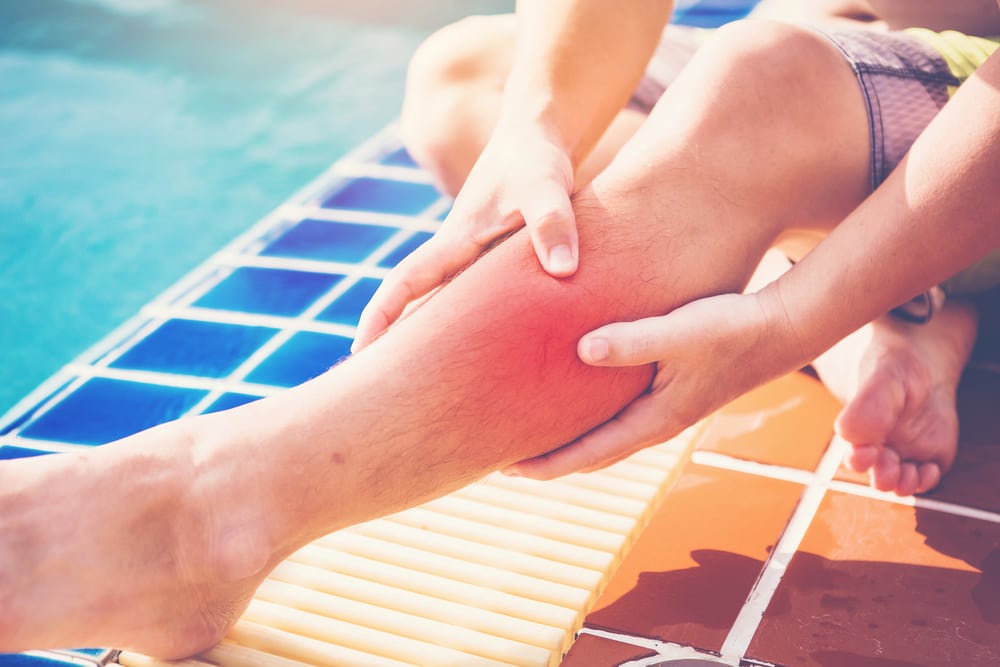You should expect using the facilities at a swimming pool to be safe whether you are there for work, fun, or lessons. However, if proper care and attention are not given to your health and safety and you are injured in a swimming pool accident, you could sustain wounds ranging from cuts and lacerations to major, life-altering wounds. Whatever the cause of your swimming pool injury, if it was someone else’s fault and they may be held accountable for your injuries, there might be grounds for a claim.
Common Causes Of Swimming Pool Injuries
Drowning is one of the most common injuries from swimming pools. The inability to swim and panic while in the water are two reasons why drowning happens. Young children are particularly vulnerable to drowning due to the lack of supervision. Diving into shallow water can also be dangerous, and injuries can range from hair entanglements to paralysis.
The most common causes of swimming pool injuries include falling in the water, diving, and walking on slippery surfaces near the water. People can lose their balance and strike their heads on the ground. Walkways near water are often textured to minimize the risk of falling. However, these surfaces are dangerous when wet, leading to simple fractures. While a swimming pool may seem fun for a social get-together, alcohol consumption can be dangerous.
Legal Options
There are many ways to pursue a claim after a swimming pool accident. For example, if the pool was not properly maintained, or there was a dangerous condition in the pool, you may be entitled to compensation from the person or business that sold it. You can even file a claim against a negligently employed individual at the swimming pool. According to most swimming pool accident lawyers in Boston, determining which party was at fault is your first step in pursuing a claim.
Swimming pools are common in Southern California. These facilities are often part of apartment buildings, condominium complexes, hotels, country clubs, and private residences. But they can also pose significant risks, particularly to children. If you’ve suffered an accident at a public swimming pool, you may have a case against the property owners. If the accident was the property owner’s fault, you could file a premises liability lawsuit against the owner.
Statute Of Limitations
There are strict time limits for filing a personal injury lawsuit after a swimming pool accident. After the statute of limitations has passed, it is nearly impossible to file a claim. However, there are exceptions. For example, underage plaintiffs may have to file a lawsuit until they become legal adults. And if the person responsible for the accident has moved out of state, the statute of limitations may be even shorter. If that’s the case, you may be able to file an affidavit to extend the time limit.
Recovering From A Swimming Pool Accident
After a swimming pool accident, it is important to see a doctor. Waiting too long to see a doctor may worsen your injuries. Your attorney will investigate the accident thoroughly to find evidence of negligence. If the accident was the fault of the pool owner, the insurance company would be less liable, and you could recover more money. It is also essential to document your injuries with pictures. Your attorney will also investigate the swimming pool and the area where it happened.
There are several different types of swimming pool injuries. Some are the result of negligence on the part of the property owner or the manager. In some cases, a person slips and falls in a swimming pool. In other cases, the water contains too many chemicals. In these cases, the property owner or manager is liable. You can also make a swimming pool accident injury claim if a defective product causes the accident.

